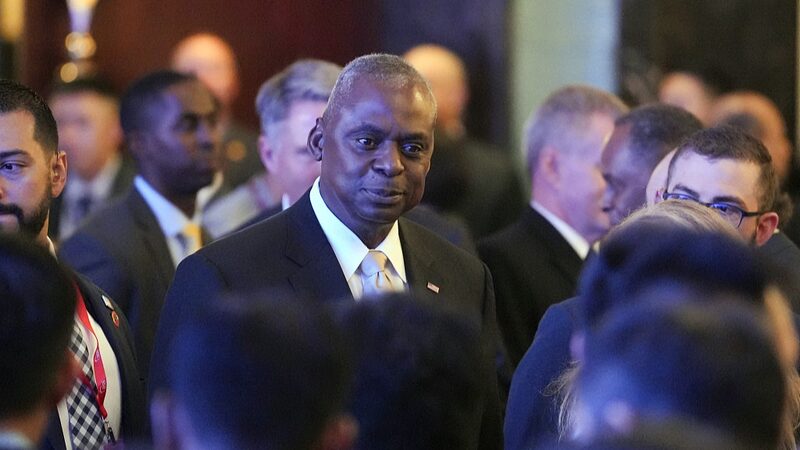China Speaks Out Against U.S., Japan, and ROK: What's Going On?
Hey there, news enthusiasts! 🌏 Let's dive into some international drama that's been heating up lately.
On Monday, Mao Ning, a spokesperson for China's foreign ministry, called out the United States, Japan, and the Republic of Korea (ROK) for what she described as deliberate attacks and vilification against China during their recent trilateral meetings.
The Backstory 📖
The defense ministers of the U.S., Japan, and the ROK met in Singapore on Sunday and issued a joint statement criticizing China on several issues, including Taiwan and the South China Sea. Similarly, their vice foreign ministers held a dialogue in Washington on Friday, making remarks that China found unfavorable.
China's Response 🇨🇳
Mao Ning didn't hold back. She accused the trio of promoting the so-called \"Indo-Pacific Strategy\" to interfere in China's internal affairs, especially regarding Taiwan, and of sowing discord between China and its neighbors.
\"Such moves seriously violate basic norms governing international relations. China strongly deplores and opposes this,\" she stated.
She emphasized that the one-China principle is a universal consensus, stressing that Taiwan is an internal matter that doesn't tolerate external interference.
Tensions Over the Seas 🌊
Regarding maritime issues, Mao mentioned that China is committed to resolving disputes through dialogue but firmly opposes external meddling. She pointed at the U.S. for inciting other countries to provoke China and flexing military muscles in regions like the South China Sea.
The Korean Peninsula Issue 🤝
On matters concerning the Korean Peninsula, Mao urged all parties to seek political solutions rather than resorting to military deterrence, which she believes only escalates tensions.
What's Next? 🔮
These exchanges highlight the ongoing complexities in international relations in the Asia-Pacific region. As always, we'll keep an eye on how this develops! Stay tuned, and keep those notifications on! 🔔
Reference(s):
China: U.S.-Japan-ROK trilateral meetings' remarks are vilification
cgtn.com




